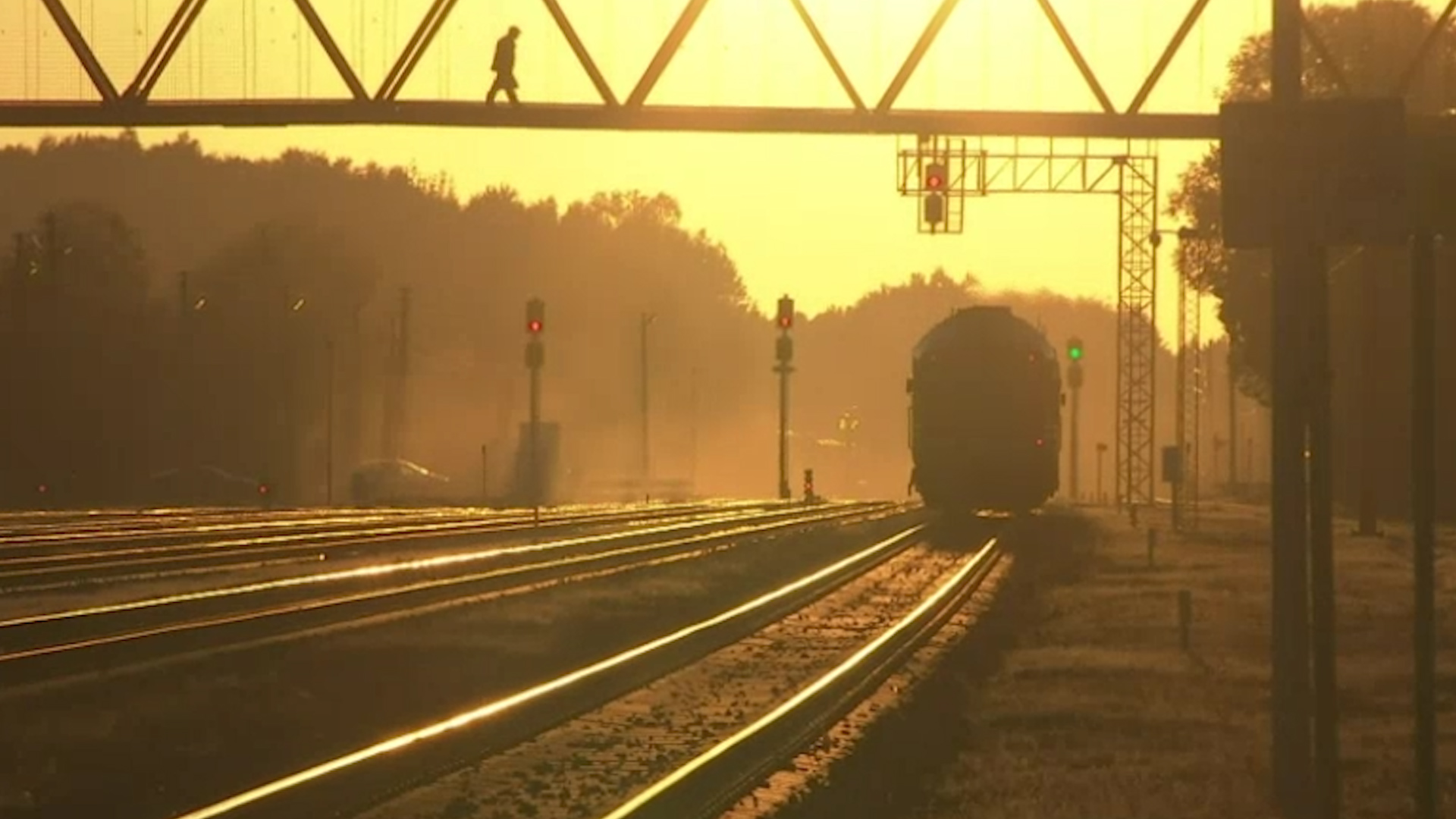02:23

Rail freight transport proved remarkably resilient during the coronavirus pandemic. As planes around the world were grounded and some cargo ships were denied entry to ports, trains continued their transcontinental routes from China to Europe almost uninterrupted, at times transporting vital supplies.
"During the COVID-19 crisis, while the international supply chain was severely impacted, the China-Europe express has become an important support for stabilizing the international supply chain and has assumed an important role in transporting medical supplies," said Zhang Guosheng, economic and commercial counselor at the Embassy of China in the Netherlands.
He made the comments at the European Silk Road Summit, an annual event that connects shippers, logistic services providers and stakeholders in Europe, China and around the world.
According to the organizers, the number of trains on the Silk Road connecting China to the West numbered 5,122 in the first half of the year. Both capacity and volumes are on track to outstrip 2019.
"During this COVID-19 crisis, we have seen how rail can be the backbone of a sustainable society and transport system," said Sandra Gehenot, freight director at the International Union of Railways.

Rail freight becomes more competitive
Normally constrained by price and shipping times, rail freight has become more competitive during the pandemic after governments such as those in the Netherlands and France slashed track access tariffs.
"It's almost the same cost price now as by sea and it's much quicker and that's especially for the high-value cargo, the turnaround time of the money is much quicker," Roland Verbraak, general manager at GVT Group of Logistics, told the summit.
According to Buck Consultants International, rail accounts for just 1 percent of trade between China and Europe by volume and 3 percent by value. The firm said volume could grow to 5 percent of transport by 2030.
Experts at the summit said there's plenty of untapped potential for growth, especially in the fashion, food and chemicals sectors.
Europe's goal of becoming climate neutral by 2050 could also be a major driving force for growth, with rail one of the cleanest modes of transport, producing far lower CO2 emissions than planes, ships, and trucks.

